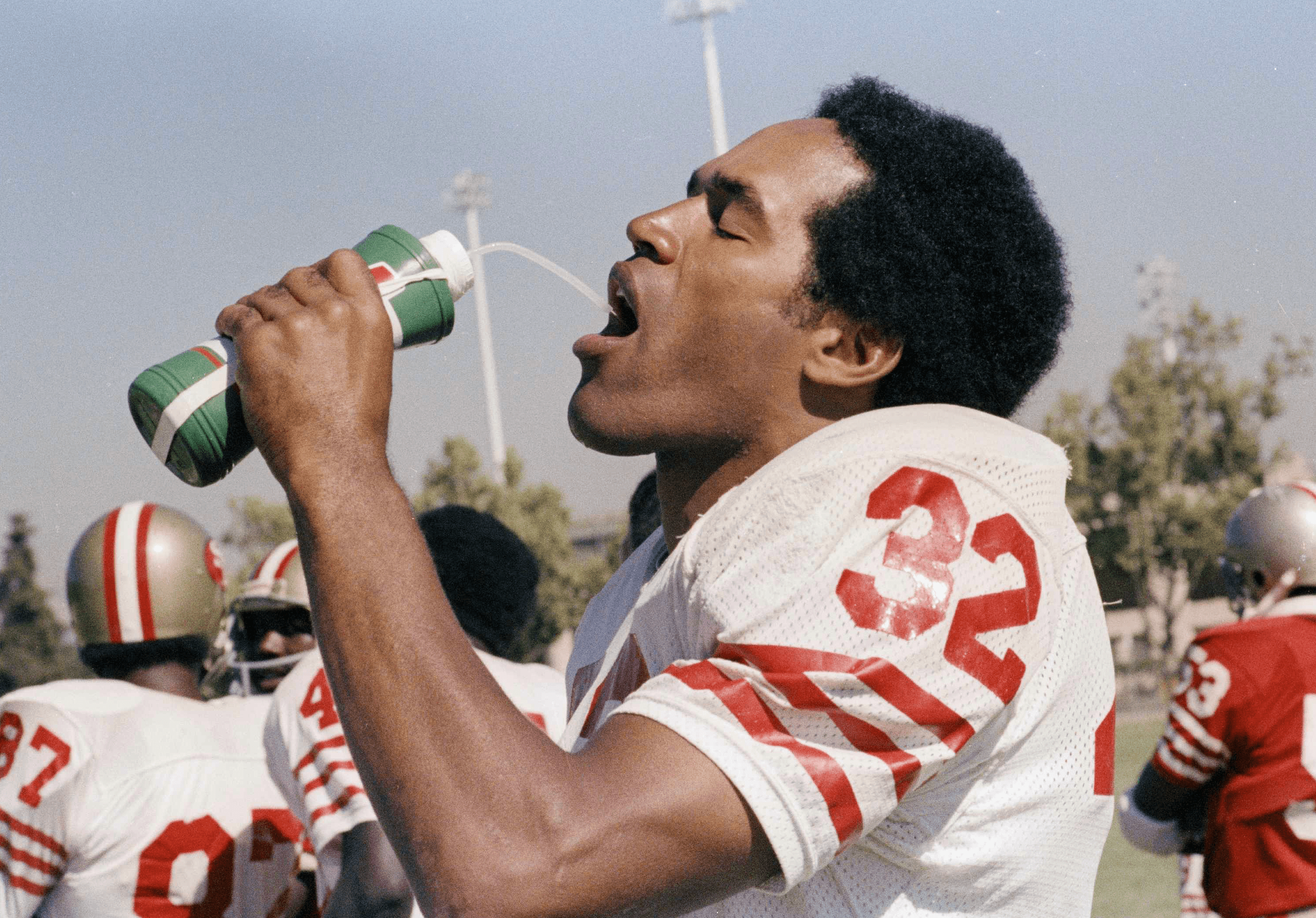O.J. Simpson, the former sports star whose murder trial in the 1990s was one of the most sensational and racially charged events in American history, died Wednesday. He was 76.
The cause was cancer, according to a statement posted Thursday to the X social network by his family.
“He was surrounded by his children and grandchildren,” the statement said. “During this time of transition, his family asks that you please respect their wishes for privacy and grace.”
Simpson was born in San Francisco on July 9, 1947, and raised in the city’s Potrero Hill neighborhood. He played football at Galileo High School and San Francisco City College before transferring to the University of Southern California and winning the 1968 Heisman Trophy.
Simpson later rushed for over 11,000 yards in his 11-year Hall of Fame career with the Buffalo Bills. He was the first player to rush for over 2,000 yards in a season, accomplishing the feat in 1973. Simpson ended his professional football career with the San Francisco 49ers in 1979.
His post-career accomplishments included a stint as an ABC Monday Night Football broadcaster, an actor in The Naked Gun film comedies alongside Leslie Nielsen and a product pitchman for Hertz Rent-a-Car.
In 1994, Simpson was charged with the murders of his ex-wife, Nicole Brown Simpson, and her friend Ronald Goldman. The ensuing “trial of the century” captured the nation’s attention for months, ending in a controversial acquittal that laid bare deep racial divisions.
While the criminal justice system found him not guilty, a civil jury later held Simpson liable for Brown’s and Goldman’s wrongful deaths, ordering him to pay $33.5 million in damages to their families.
In the years after the trial, Simpson led a turbulent life, including a stint in prison for armed robbery. He maintained his innocence in the murders until the end, publishing a controversial book in 2006 titled If I Did It that provided a hypothetical account of how he might have committed the killings.
Timothy Alan Simon, a San Francisco native and attorney who knew members of Simpson’s family, spoke Thursday to The Standard and remembered Simpson as “a great athlete, a great person, a trail blazer for Black athletes to move into corporate America as endorsers for organizations.”
Simon said he remembered working as an attorney working on the 35th floor at Bank of America’s 555 California offices during the announcement of the criminal trial’s Oct. 3, 1995 verdict.
“The entire law firm went into the library’s law department, and watched the verdict on the television. There were about seven black attorneys and about 180 white attorneys. The black attorneys are on one side of the library and the white attorneys were on the other. Someone was going to be unhappy with the verdict in the room, you know? When there was an acquittal, the black folks were hugging each other and the white folks were visibly upset. That’s something that I’ll remember for, you know, as long as I live, understanding that we’re a society that runs on the rule of law, not on what you thought.”
Not only did the trial put Simpson’s “dream team” lawyer Johnnie Cochran into the annals of legal history along with Clarence Darrow, F. Lee Bailey and Abraham Lincoln, but Simon noted the trial helped create “a whole media industry: court coverage and legal analysis, as a regular part of television news.
“So when I look at OJ’s life and background, I see nothing but success within the peaks and valleys that we all face being part of humanity. None of us have been able to find perfection. I believe that he’s in a better place.”
